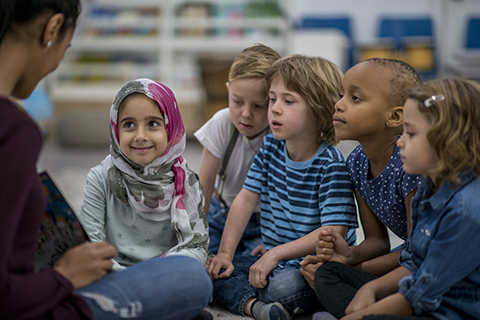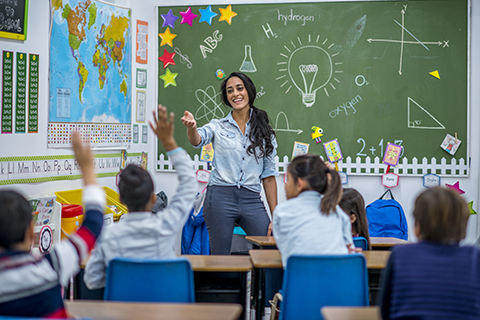UNESCO proclaimed January 24 as the International Day of Education to highlight the importance of learning for true peace.
To achieve lasting peace, education must include not only knowledge but also attitudes and behaviors to become agents of peace.
Education is considered a human right, a public good, and a shared responsibility. However, there are currently 244 million children and youth who are out of the education system and 771 million illiterate adults worldwide. The United Nations has pointed out that this constitutes a violation of their right to education and is unacceptable. Education makes us equal and gives us independence, allows us to improve our living conditions, and contributes to the eradication of poverty and inequality.
The importance of education in schools
Without quality, inclusive, and equitable education for all, and without lifelong learning opportunities, equality cannot be achieved, and the cycle of poverty that affects millions of people cannot be broken. Educating for peace involves learning to take care of ourselves, others, and the planet. It also involves fostering empathy for other cultures and working for the common good so as not to remain indifferent to what is happening in the world.
Education not only facilitates insertion into society and access to decent employment and higher education, but it also allows us to acquire relevant skills for everyday life and develop an awareness of the environment to contribute to its transformation. In addition, education fulfills the function of accompanying and enjoying the learning process.
Education for peace requires prepared teachers
In this sense, it is essential that teachers are well-trained in their area of specialization and also understand the didactics of their discipline, as well as the characteristics of the current generations. It is necessary that teaching is carried out considering the contexts in which it takes place.

We must also encourage spaces in the classroom where children can question reality and propose positive changes, such as reflecting on climate change and proposing solutions for their immediate environment. To achieve this, a teacher who recognizes individualities and works in a fair and equitable manner is needed.
However, none of this will be possible without the support of families and organizations to the teachings, with the objective of strengthening what is learned at school and promoting other forms of peaceful coexistence.
In the end, education is about teaching us to engage with others and to be a support, so that each child can discover and interpret today’s world in a renewed way. It is not simply a matter of changing curricula but of identifying current challenges and working in harmony and equity, recognizing that we are beings built with and for others.
Continue your professional training
Education is a fundamental aspect of society, shaping peace and the development of nations. At the Universidad Internacional Iberoamericana (International Iberoamerican University, UNIB), we recognize the need for a comprehensive education that goes beyond the mere acquisition of knowledge. We believe that true education involves the development of attitudes, behaviors, and skills that will shape individuals into agents of peace. Therefore, we are proud to offer an exceptional program of study: The Master in Education with a Specialty in Teacher Training.
Join us on this transformative journey to become an agent of change in the field of education. The opportunities that our institution offers will allow you to have a positive impact on the lives of countless students. We can strive together for a future where every child has access to quality education and where peace and development are promoted through the transformative power of education.
Source: Día Internacional de la Educación: aprender para una paz verdadera

